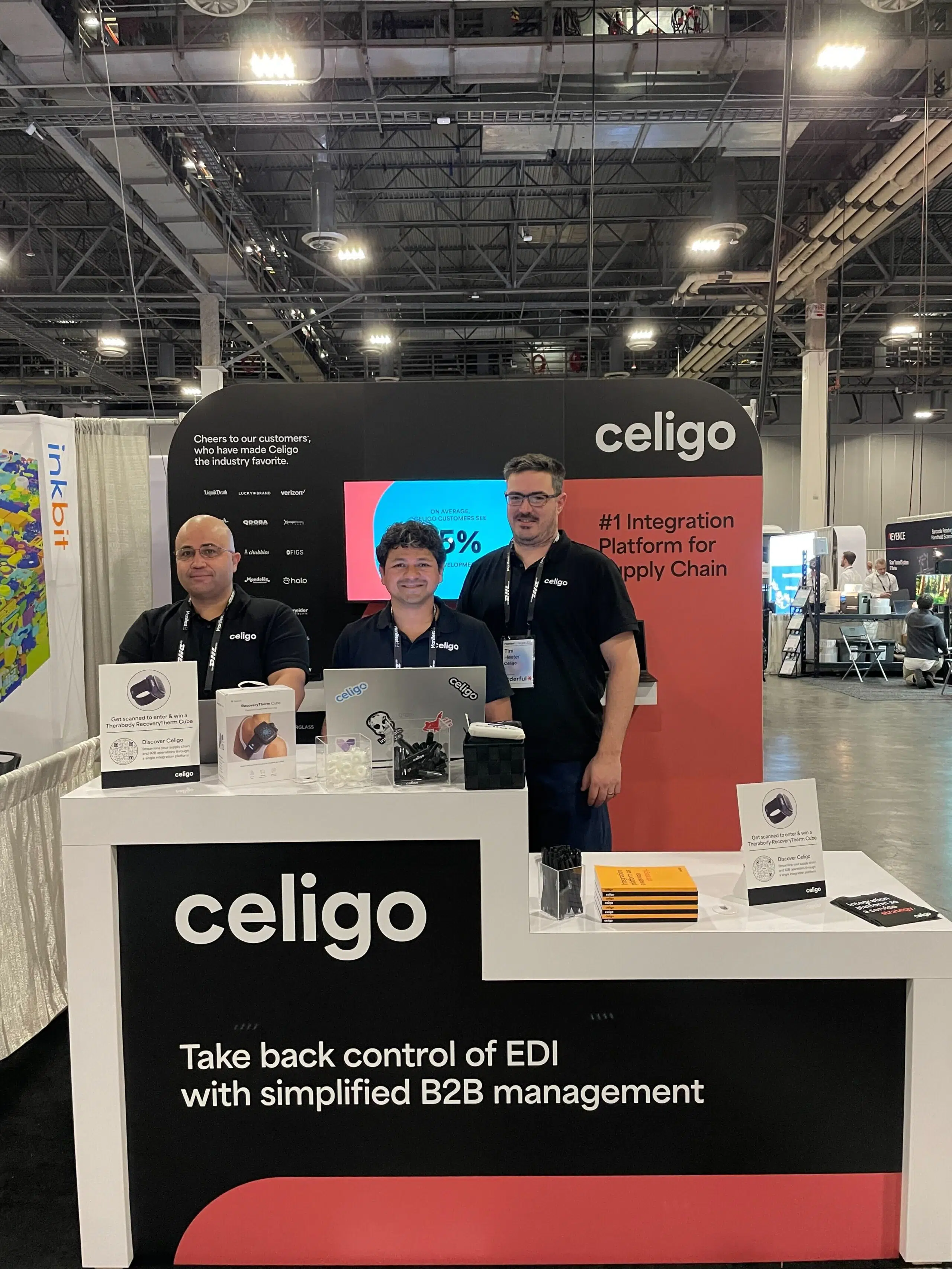
Scaling with ease: How KOOKAÏ streamlined global fashion operations

“The Shopify integration paid for itself just by removing that manual data entry.”

Scott Murray
CIO,
KOOKAÏ
Ecommerce/retail
Hawthorn East, Australia
NetSuite, Klaviyo, Shopify, TCS POS, CheckPoint RFID
About
KOOKAÏ was founded in Paris in 1983 with the goal of providing high-quality clothing and accessories at affordable prices. By 1992, the brand ventured into Australia under the leadership of two new founders.
What started as a single boutique in Melbourne, quickly grew to over 51 locations across Australia and New Zealand. They now manage their own manufacturing facilities, operate six global websites, and manage nearly 165 retail stores spanning Australia, New Zealand, and Europe.
Background
In 2017, KOOKAÏ Australia acquired its European parent company embarking on the mission to align the French and Australian branches under a single global brand. Recognizing the importance of maintaining a consistent and seamless customer experience across their online platforms and physical stores, the KOOKAÏ leadership team knew they needed to upgrade their current technology and integrations.
The team aimed to gain a comprehensive understanding of their data without causing any disruption to the business operations.
The challenge
The French and Australian units used different legacy applications, including their ERP and point of sale (POS) systems. Numerous systems lacked integration, and the ones that were connected relied on cumbersome custom integrations. These challenges made accessing real-time reporting data across their websites, boutiques, and warehouses nearly impossible.
After determining which systems to use company-wide, KOOKAÏ CIO Scott Murray decided to leverage Celigo to help integrate the inventory and POS systems with their new ERP. After showcasing the capabilities of Celigo, it was an easy to approve investment for our future.
“As soon as the team saw the ability to connect with everything, they were sold,” Scott said.
The solution
To address KOOKAÏ’s challenges without interrupting ongoing business operations, Scott opted for a systematic, phased approach to the integration project. In the initial stage, Scott’s’s team utilized Celigo to concurrently operate the old and new systems before merging both with the new NetSuite ERP. This strategy afforded the technical teams the necessary time to seamlessly transition systems through short-term and long-term integrations, ensuring minimal disruption to existing business functions.
Next, the team prioritized enhancing data visibility across all their systems. Specifically, they sought an efficient way to extract data from various websites and their retail boutiques’ POS systems. Following the integration with Celigo, the team could access customer payment data in their ERP within five minutes.
“We were able to integrate that point of sale system really quickly and have all that data come through at a high general ledger level to allow us to continue to trade,” Scott said. “Very shortly thereafter, we moved to full transaction by transaction integration with Celigo.”
The team successfully integrated all their systems, providing the necessary data to drive intelligent business decisions.
“We’re able to use our reporting to see live sales, live manufacturing, our current stock and flow in the business and make fast business decisions based on that,” Scott said.
After effectively bridging the gap between their legacy and new systems, Scott and the team explored additional integration and automation processes with Celigo.
KOOKAÏ utilized the Celigo platform to integrate their email and SMS marketing automation platform. Now, they can push customer and behavioral data from their ERP directly into their marketing automation platform. This has allowed KOOKAÏ’s marketing team to target the right campaigns to the right audiences. They also integrated their Shopify sites across all six websites. The off-the-shelf Celigo Shopify integration eliminated the previously required manual processing, saving the ecommerce team hours of tedious work.
“The Shopify integration paid for itself just by removing that manual data entry,” said Murray.
The team isn’t stopping there. They have plans to move their ecommerce business to Shopify Markets and Shopify POS to centralize their global sales using Celigo for those integrations.
Bottom line
With the help of Celigo, KOOKAÏ’ team successfully unified their Australian and French business units and integrated multiple systems without a hitch. This resulted in a flexible integration hub for their global business operations, and recently allowed for a gentle phased approach to migrate their Swiss and Spanish businesses to NetSuite, Shopify, and POS – with no interruption to trade.
By implementing end-to-end integration, KOOKAÏ experienced a remarkable boost in efficiency across manufacturing, procurement, and supply chain management. Leveraging Celigo, the team revolutionized their operational workflows, enhancing overall performance on a user-friendly platform.
“Celigo allows us to be more agile and faster to market,” said Scott. “Most of our integrations we built in house just by reading the instructions.”
No longer mired in manual tasks and endless spreadsheet navigation, KOOKAÏ now relies on a single, dependable source for all essential data, empowering better business decisions.
“It was a big win for us, and we’ve changed a lot of internal processes, which ultimately results in a great experience for our customers,” said Scott.
“Celigo allows us to be more agile and faster to market. Most of our integrations we built in house just by reading the instructions.”
The Shopify integration paid for itself just by removing that manual data entry.
Scott Murray,
CIO,
KOOKAÏ



